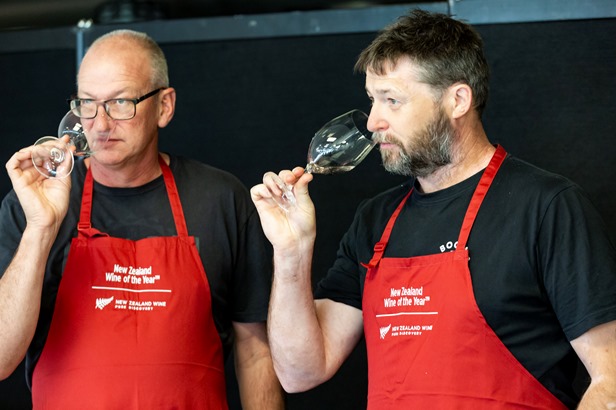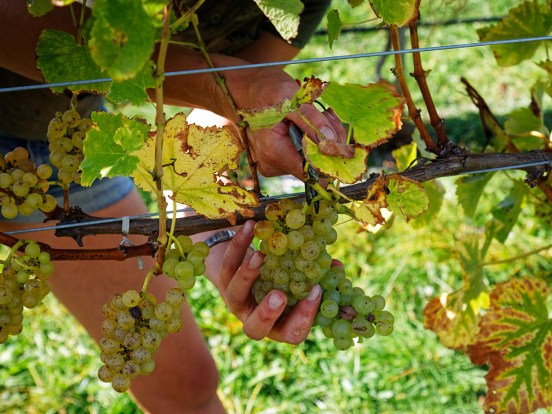Health-conscious millennials are behind the rapid growth in organic, sustainable and vegan suitable wines, and more needs to be done to foster this market as demand for traditional NZ wine plateaus, according to industry experts.
Data from liquor retail chain The Trusts West Auckland shows a 45% sales lift in naturally produced or organic wines over the past 12 months alone. Figures from the same period suggest an otherwise flat traditional wine market – with only 3% growth last year.
The Trusts Hospitality Development Manager, Jenny Mukerji, says globally the organic wine category is growing even faster with estimates suggesting consumption will reach 1 billion bottles per annum by 2022.
Mukerji says one in every 20 bottles sold in their stores is organic, sustainable or vegan and while growing across all age groups, they are particularly popular with millennials looking for wines which are aligned with their health and environmental philosophies.
She says there is a diverse range of niche wines and subcategories emerging to cater to this new market.
“In addition to the organic wines which have been certified as made from grapes grown without chemical additives, we also have ‘natural wines’ which are fermented without commercial yeast and or chemicals. There are also new biodynamic wines which are grown under a set of holistic biodynamic principles and practices that regard the whole vineyard as one big living organism.
“Similarly, sustainable wines are governed by production practices that are ecologically responsible and economically viable.
“There are also vegan wines which are free from contact with any animal products during production, such as gelatin or egg white sometimes used in the fining process which softens the wine,” she says.
Professional sommelier Valentina Verardo says that the production of organic wines has become more mainstream now.
“With more customers looking for low-sulphite wines – a component which some people can react to, wineries that were previously not producing organic wines are converting their vineyards or adding an organic wine to their portfolio,” she says.
Mike Farrugia managing director of RM Wine Partners says their growth figures in the imported organic, vegan-friendly and preservative-free wine categories mirror that of the Trusts and says it is a result of an increase in consumer awareness of how a wine’s origins impact its taste.
“Organic vignerons need to care more about the vines and the vineyards, they protect it naturally from mildew and they are more particular with harvest timings.
“There have been very good studies showing that overall, organic grapes tend to have lower yields, which gives you a better grape with more concentrated flavour and, thus, a better wine,” he says.
Mukerji says the growth in the category represents a significant export opportunity for Kiwi winemakers as the traditional wine market begins to plateau.
“Local vineyards are producing some excellent innovative products and it is becoming increasingly important for them to understand the millennial segment who have reduced their consumption in other parts of the market.
“We are encouraging them to continue to invest in these categories to support both the domestic and the international markets,” she says.
Mukerji says more needs to be done at an industry level to better define the terminology and certifications used in describing these emerging niches – helping to ensure consumers have a credible and consistent point of reference for product choices.




